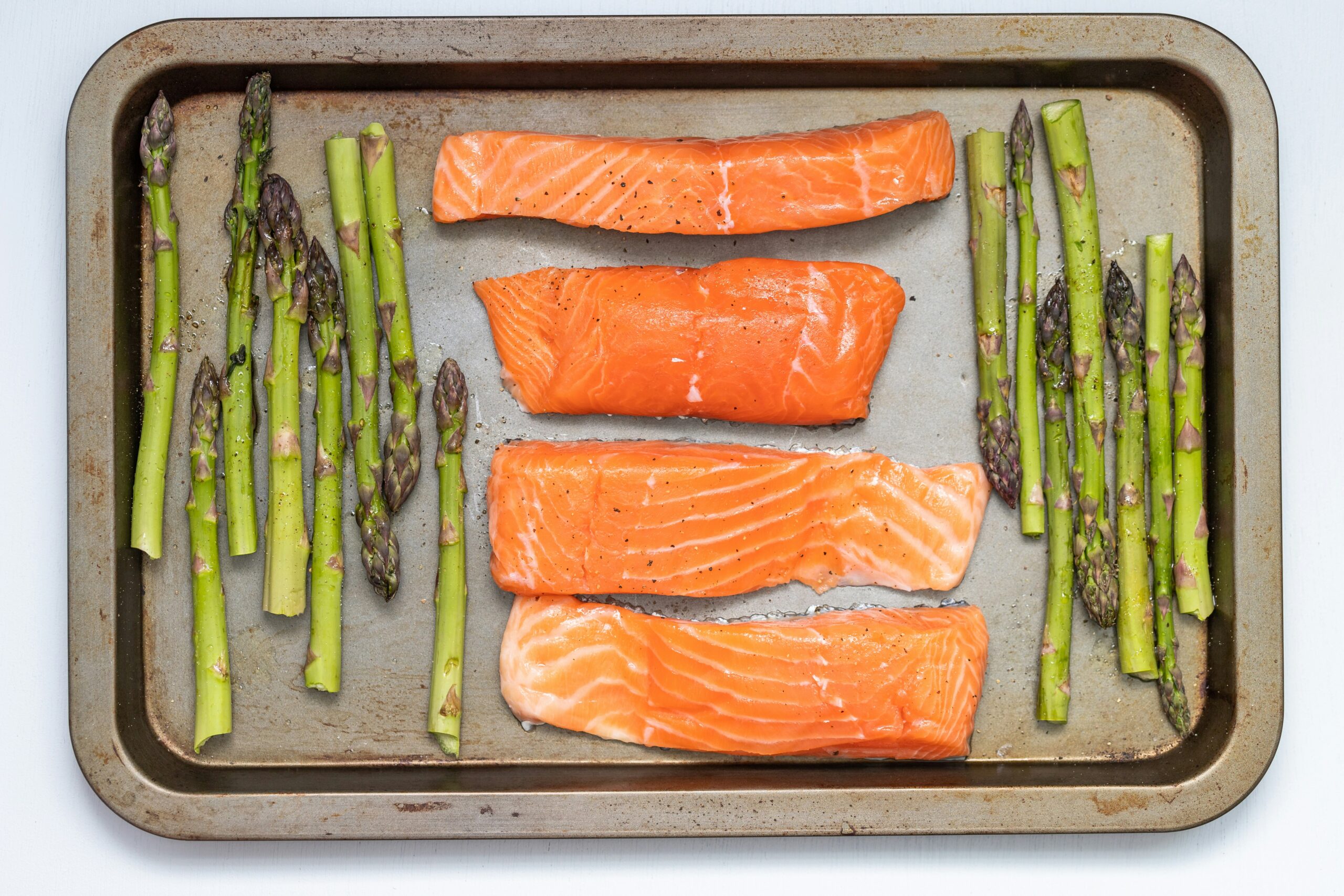Have you been wondering if a low carb diet is suitable for breastfeeding mothers? As you navigate the world of motherhood, particularly while breastfeeding, it’s natural to want to make health-conscious choices. Diet plays a crucial role in not only the mother’s health but also in how it affects the breastfeeding baby. Understanding whether you can implement a low carb diet safely during this time is essential for both your well-being and the nourishment of your baby.

Understanding Low Carb Diets
A low carb diet primarily reduces carbohydrates such as those found in sugary foods, pasta, and bread. Instead, you increase the intake of protein, healthy fats, and vegetables. Popular versions of low carb diets include the Atkins diet, ketogenic diet, and other variations. These diets focus on reducing your carbohydrate intake, which can promote weight loss and improve certain health markers.
How Does a Low Carb Diet Work?
At its core, a low carb diet significantly decreases your intake of carbohydrates, focusing instead on proteins, fats, and non-starchy vegetables. Essentially, by reducing carbs, your body enters a metabolic state called ketosis, where it becomes proficient at burning fat for energy. This process usually translates to weight loss as your body uses fat as its primary fuel source instead of carbohydrates.
Common Misunderstandings
Several myths surround low carb diets, such as they cause extreme fatigue or that all carbs are unhealthy. It’s crucial to differentiate between refined carbohydrates, which have a high glycemic index, and complex carbohydrates, which can be part of a balanced diet. Educating yourself about these variations can aid in making informed dietary decisions.
Nutritional Needs of Breastfeeding Mothers
When breastfeeding, your body demands additional calories and nutrients to support milk production and your energy levels. The foods you consume directly affect the quality and quantity of breast milk you produce, impacting your baby’s growth and development.
Caloric Intake and Nutrients
Breastfeeding mothers generally require an additional 450 to 500 calories per day to meet the increased energy demands. This intake supports not only the mother’s health but also the growth and energy needs of the baby. It is essential to obtain these calories from nutritious sources, ensuring you cover all the vitamin and mineral bases.
| Nutrients | Importance During Breastfeeding |
|---|---|
| Protein | Essential for tissue repair and overall growth |
| Calcium | Supports bone health and milk production |
| Iron | Prevents anemia, supports blood production in baby |
| Vitamin D | Aids calcium absorption for both mother and child |
| Omega-3 Fatty Acids | Crucial for brain and eye development in infant |
The Balance Between Weight Loss and Nutrition
It’s natural to desire postpartum weight loss, but focusing solely on cutting calories or carbs might not be beneficial. A well-rounded diet that includes a mix of macronutrients ensures that both you and your baby receive the needed nutritional support. A gradual approach to weight loss, prioritizing overall health, will be more sustainable during the breastfeeding phase.
How a Low Carb Diet Impacts Breastfeeding
Before embarking on a low carb diet while breastfeeding, it’s crucial to understand potential impacts on both your body and lactation. Being aware of these factors helps in adjusting your dietary approach for optimal health and wellness.
Impact on Milk Supply
One concern with a low carb diet during breastfeeding is the potential reduction in milk supply. Carbs play a role in milk production, and extremely low carb intake might impact this. Monitoring your carb intake ensures that you’re supplying enough for continued milk production without compromising on nutritional quality.
What About Ketosis?
While ketosis is the goal of many low carb diets, entering ketosis may carry risks for breastfeeding mothers. There’s limited research on how ketosis impacts breastfeeding, but some theories suggest it could lead to fatigue for the mother and potentially affect the composition of breast milk. Moderation in carbohydrate reduction can help mitigate these effects.
Crafting a Low Carb Diet Plan for Breastfeeding
If opting for a low carb diet feels right for you, crafting a personalized plan that aligns with your nutritional needs as a breastfeeding mother is essential. Understanding how to balance macros and selecting nutrient-dense foods will support your health and milk production.
Balancing Macronutrients
While reducing carbs, emphasize moderate protein intake and include healthy fats. This balance ensures you receive energy for yourself and produce nutritious milk for your baby. Here’s a sample macronutrient balance:
| Macronutrient | Recommended Intake |
|---|---|
| Carbohydrates | 50-100 grams per day |
| Protein | 20-25% of total calorie intake |
| Fats | The remainder of calorie intake |
Focus on Nutrient-Rich Foods
Incorporate foods that are rich in vitamins and minerals, ensuring you meet your additional dietary needs. Leafy greens, fatty fish, nuts, and seeds can be excellent components of a balanced low carb, nutrient-rich diet.

Listening to Your Body
Every individual responds differently to dietary changes. For breastfeeding mothers, being attuned to how your body responds to a low carb diet is critical. Pay attention to your energy levels, milk production, and overall well-being, adjusting your dietary intake as needed.
Adjusting Based on Recovery
Postpartum recovery is a unique journey. If you find that reducing carbs significantly impacts your recovery or energy, gradually incorporate more complex carbohydrates. Whole grains, sweet potatoes, and brown rice are nutritious options that can support your recovery while maintaining a balanced diet.
Signs You May Need More Carbs
If you notice signs such as excessive fatigue, reduced milk supply, or feeling generally unwell, consider reassessing your carb intake. Adding more whole foods and complex carbohydrates can improve energy and well-being.
Benefits and Risks to Consider
Understanding the potential benefits and risks of a low carb diet while breastfeeding is crucial. Weighing these considerations helps you make an informed decision tailored to your and your baby’s health.
Potential Benefits
- Weight Management: A low carb diet may promote gradual weight loss, helping you reach your pre-pregnancy weight more effectively.
- Improved Blood Sugar: Reduced carbohydrate intake can stabilize blood sugar, useful for those with or at risk of gestational diabetes.
Potential Risks
- Decreased Milk Supply: As mentioned, inadequate carb intake may impact milk supply.
- Nutrient Deficiencies: Without proper planning, essential nutrients could be lacking in a severely restricted diet.
- Decreased Energy Levels: Low carb intake may lead to fatigue, affecting daily functioning and care for your baby.

When to Seek Professional Guidance
If you’re considering a low carb diet, consulting with a healthcare provider or a registered dietitian can be beneficial. They can offer personalized recommendations based on your health profile and breastfeeding needs.
Importance of Professional Support
Professional guidance ensures your diet plan is safe, adequate, and sustainable. This support can aid in navigating any challenges and maintaining breast milk quality while adapting to a low carb diet.
Wrapping Up: Your Health Matters
Deciding to follow a low carb diet while breastfeeding is multifaceted. Prioritizing your health, understanding your body’s needs, and ensuring your baby receives optimal nutrition are paramount. Reflect on how dietary changes can affect both of you and seek assistance if needed.
Navigating motherhood comes with myriad choices and responsibilities. Being informed allows you to make the best possible decisions to support your health and your baby’s development. Remember, what works for one person may not work for another, and that’s perfectly okay—your journey is unique, just like you.

